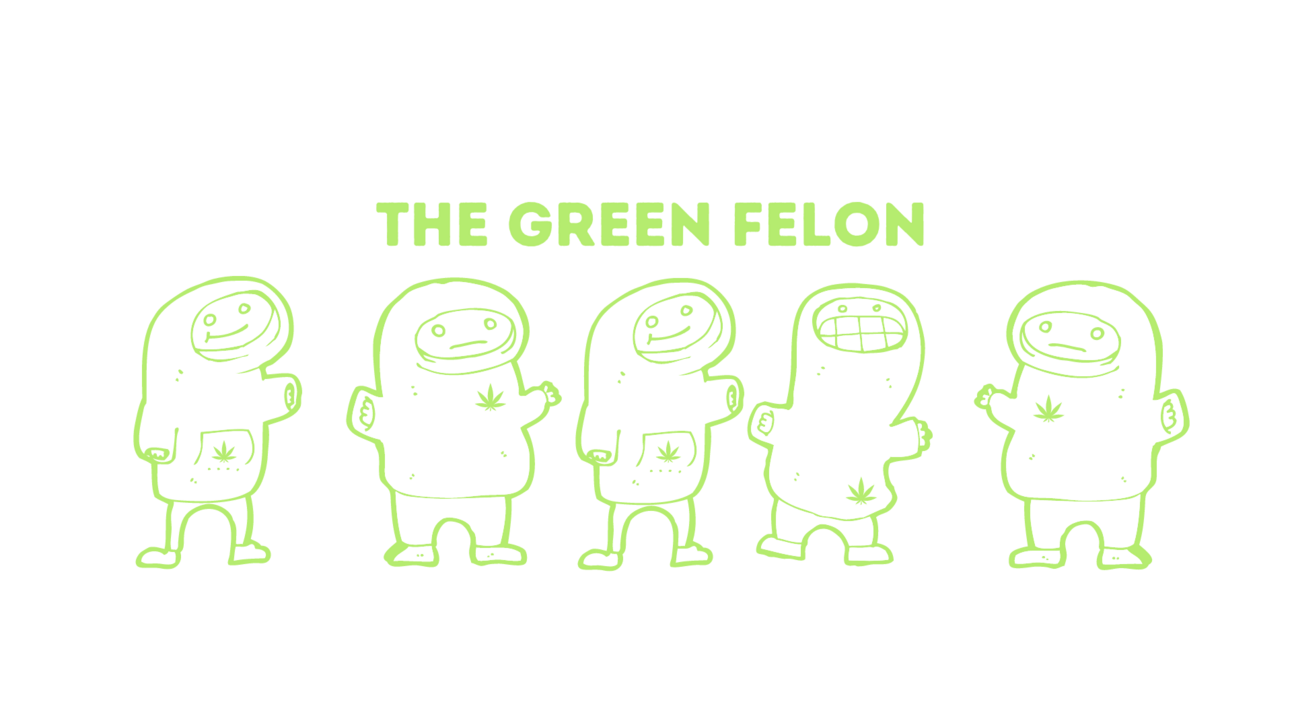
News 📹 Highlights:
Cannabis 🫑 and School 🖍️ Performance: Research Shows Complex Relationships. While not all marijuana users experience academic decline, those using it frequently show reduced engagement in school activities and poorer academic 🖌️ performance. The 74 Million
Cannabis 🌺 Use and Memory Deficits Affect Academic Performance. Frequent cannabis 🍏 use has been linked to impaired attention and memory, directly contributing to lower academic 🎖️ achievement, especially among adolescents and young 👧 adults. Psychiatry & Behavioral Sciences
Social Norms Influence on College 📓 Cannabis Consumption. Peer pressure 🤜 and perceived norms around cannabis use in college contribute to higher usage rates, impacting academic 👨💻 success. PLOS

Quick Read 📙:
Cognitive 💡 Impacts: Cannabis may offer temporary creativity 🖍️ but often impairs memory and concentration over time.
Productivity 💪 Myth: While marijuana can feel like it boosts focus 👁️, it may mask inefficiencies and hinder multitasking.
Motivation Decline 👇: Chronic marijuana use has been linked to reduced motivation, possibly harming long-term academic goals ☹️.
Stress Relief or Crutch 🩼?: Some students use cannabis 🦠 to manage stress, but it may only provide short-term relief without addressing root causes.
Balance or Risk 🚨?: Occasional use might not harm academic 🥉 performance, but regular use raises concerns about long-term success.

Cannabis 🟩 and Academic Performance: Does Marijuana Use Negatively ⛔ Affect Students' Academic Success?
As cannabis 🥦 continues to weave its way into mainstream culture, the conversation surrounding its effects on academic 🥈 performance has grown louder 📚. While some argue that marijuana enhances creativity, helping students think outside the box 📦, others worry about its potential to impair cognitive abilities and hinder academic 🥇 success. But what does the evidence say, and how should students navigate 🛥️ this complex landscape? 🤔
Repeated marijuana use can impair students' academic, emotional, and physical success and may contribute to chronic health conditions."
Short-Term Gains 💛, Long-Term Losses 👀?
For students 👨💻 looking to unwind after a stressful exam or to spark some creative flair ✨, marijuana may seem like the perfect companion 🦮. Research suggests that, for some, cannabis can induce a temporary sense of relaxation and even heightened creativity 🎨. However, studies 🗃️ also highlight the short-lived nature of these effects, raising concerns about what happens once the high fades. For instance, memory retention and concentration—critical to academic achievement—often diminish after marijuana 🪴 use.
Compounding this issue 😰, regular cannabis users may experience long-term cognitive impairments 🤡, particularly in executive functioning skills such as problem-solving and multitasking 🔄. These impairments can directly affect students' ability to manage their coursework and meet academic deadlines 🔴. Is the short-term benefit of relaxation worth the potential long-term consequences? 🤷♂️

Does Cannabis 🪲 Create a False Sense of Productivity? 🚀
One of the most controversial aspects of marijuana use among students is the perception that it enhances productivity 💻. Many claim it helps them enter a “flow” state, allowing them to focus intensely on a single 1️⃣ task for hours. But what about multitasking, a critical component of student life? Research 🧮 shows that while marijuana may enhance focus on simple tasks, it can severely impact one’s ability to juggle multiple responsibilities 🗂️.
Moreover, what feels like a productive study 💾 session may, in fact, be masking inefficiencies. Students might spend hours rereading the same material without fully absorbing the content 📖, leading to a false sense of accomplishment. It begs the question 🧏♂️: Can cannabis truly support academic productivity, or does it deceive students into feeling more effective than they actually are? 🤨

Academic Performance and Motivation: A Decline ☢️ or Just a Shift? 📉
Beyond cognitive functions, marijuana may also affect motivation 🎯. Some studies link chronic cannabis use to a phenomenon known as "amotivational syndrome" 🛑, where users experience a decrease in drive and ambition. While not all marijuana users fall victim to this, it raises concerns about whether long-term use diminishes a student's passion 💔 for academic success. Could marijuana be subtly eroding the very motivation that fuels academic achievement? 😯
On the flip side 🤸♂️, there are anecdotal reports of students using marijuana to overcome academic anxiety and stress 🌿. These students argue that by reducing their stress, cannabis helps them perform better 💯 in exams or assignments. While this may be true for some, it's important to ask whether stress management via marijuana is a sustainable strategy. Is it a remedy, or just a band-aid? 🎯

The Verdict 👨⚖️: Impact on Academic 🎓 Success
So, does marijuana use negatively affect students' academic success? The answer may not be as straightforward as a simple yes or no. For occasional users, cannabis might offer moments of creative inspiration or stress relief 🧘. However, for regular users, the potential risks 🆘 to memory, concentration, and motivation are hard to ignore. It's essential for students to weigh these factors carefully, considering both the short-term gains and the long-term costs 🎢.
Ultimately, navigating ⛵ the complex relationship between cannabis and academic performance comes down to self-awareness and responsible use. Every student must critically assess how cannabis affects their individual learning capabilities 📊. Is it worth the trade-off between temporary relaxation and potential academic decline? 🤷♀️
Can students 👩🎓 👨🎓 truly balance marijuana use with academic excellence 🏆, or does it inevitably hinder ☠️ long-term success?
🤗 No Worries 🐸

The information provided in this newsletter is for informational purposes only and does not constitute medical, legal, or professional advice. Always consult with a qualified professional before making any decisions based on the content shared here.
